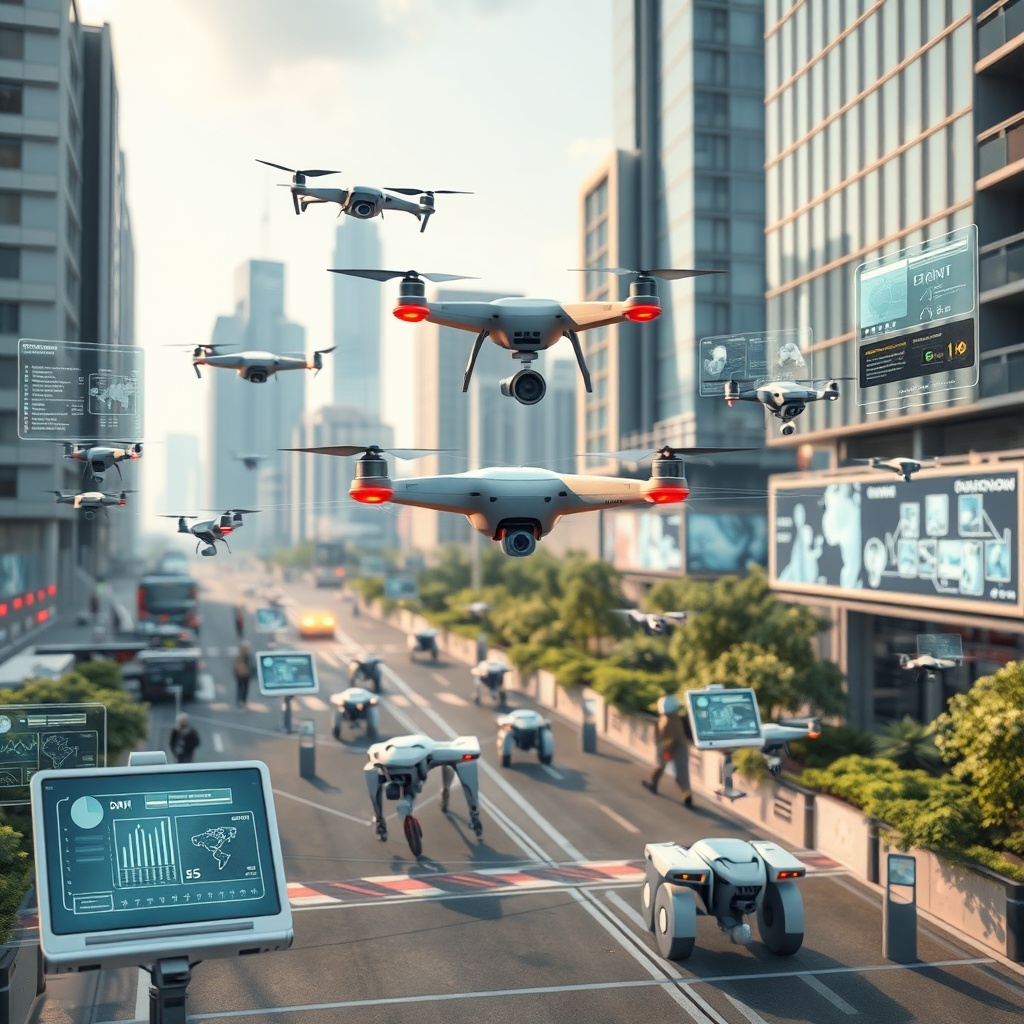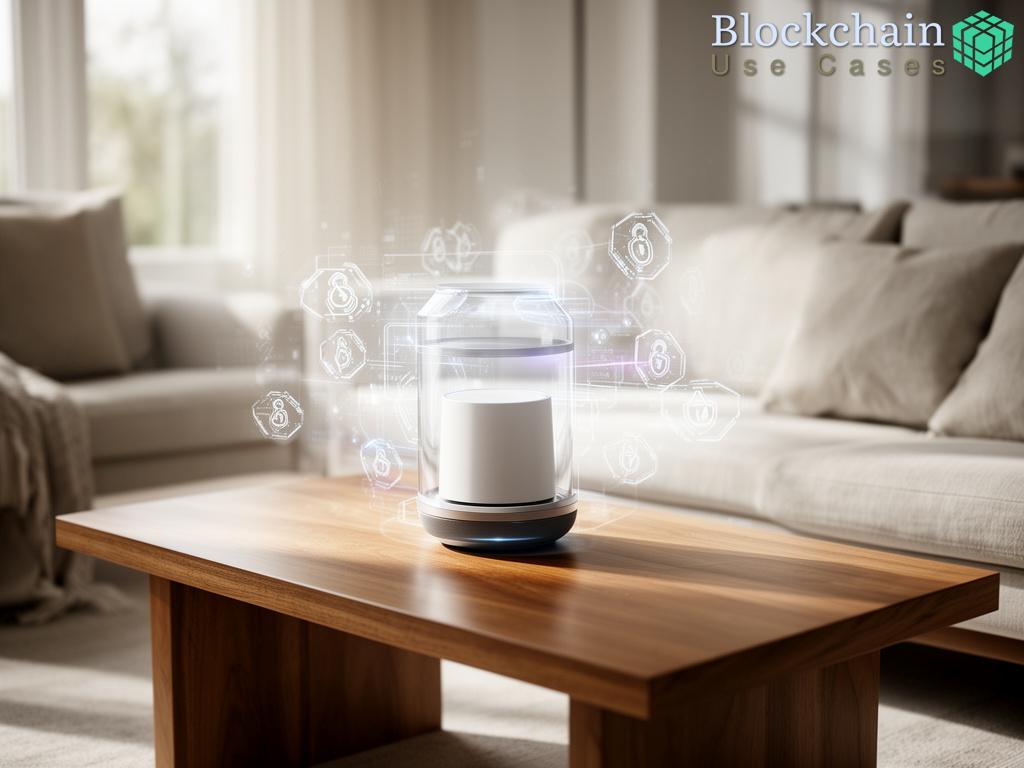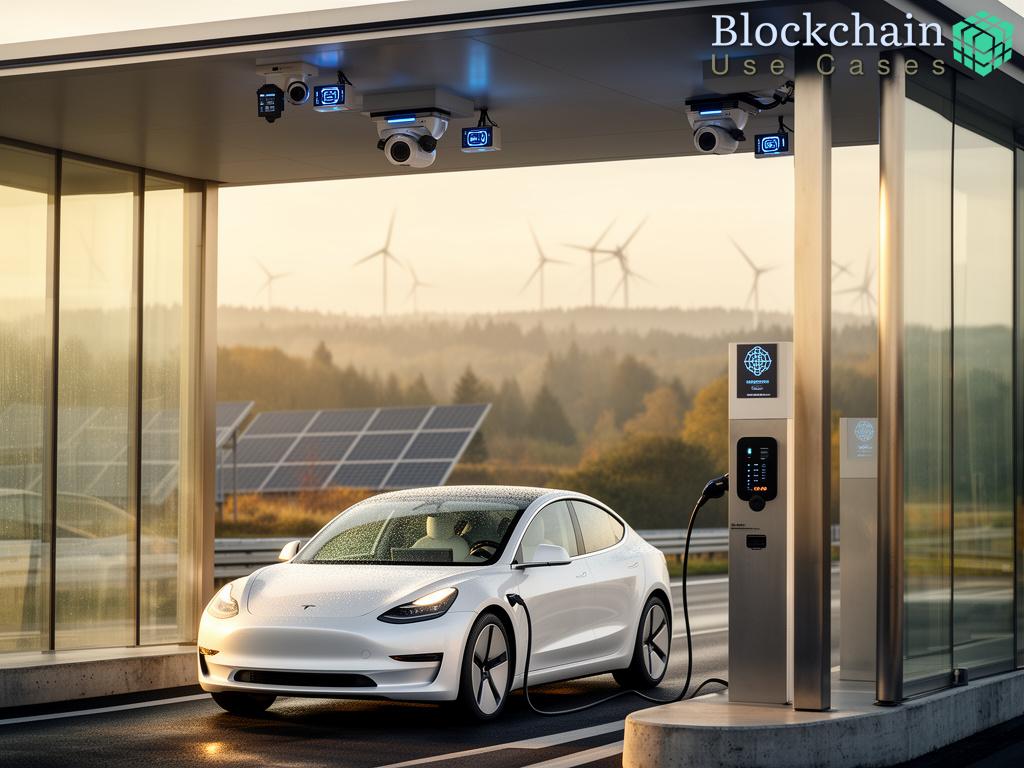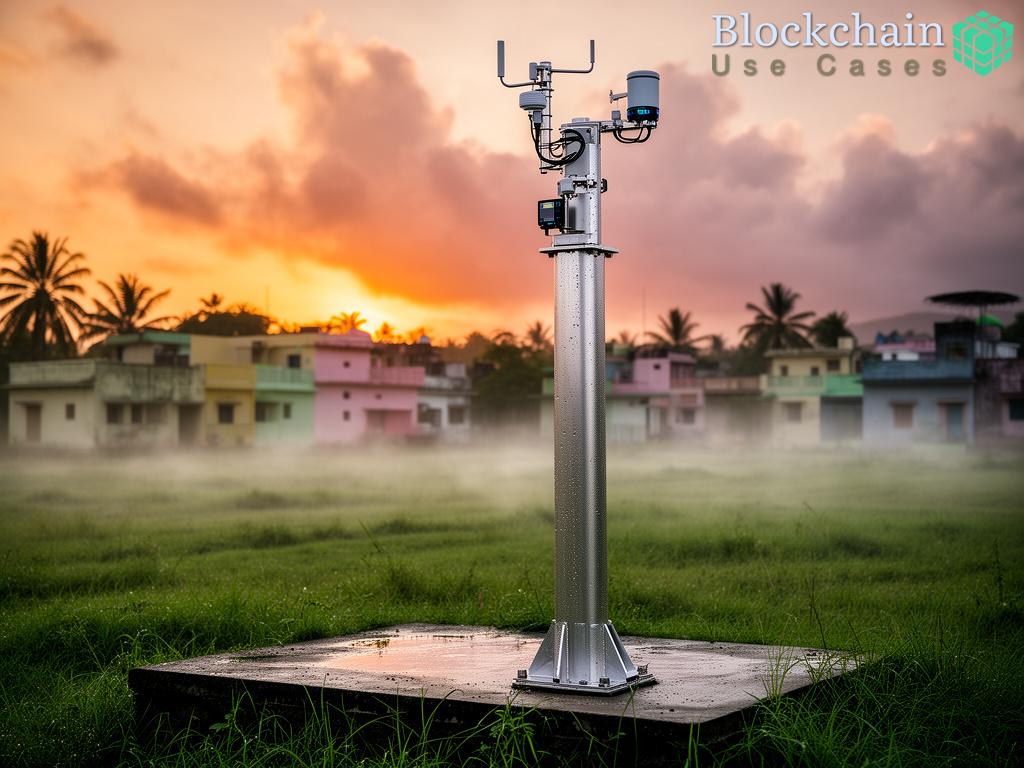Decentralized IoT: The Future of Collaborative Intelligence

In an era where connectivity is paramount, the integration of decentralized systems into the Internet of Things (IoT) landscape is revolutionizing how we manage device swarms. These systems empower devices to communicate and collaborate without relying on a central authority, fostering resilience and scalability. As IoT devices proliferate, the need for efficient management becomes critical—this is where decentralized frameworks come into play.
By leveraging peer-to-peer networking, decentralized systems enhance data sharing, reduce latency, and improve fault tolerance, making them ideal for collaborative tasks across diverse IoT applications. This shift not only optimizes resource utilization but also catalyzes innovation in various sectors such as smart cities, agriculture, and healthcare.
Key Benefits of Decentralized Management Systems
The transition to decentralized management systems offers a plethora of advantages that can significantly enhance the performance and reliability of IoT networks. Below is a detailed comparison of the benefits:
- Scalability: Decentralized systems can easily adapt to the growing number of devices without bottlenecks associated with central servers.
- Enhanced Security: By distributing data across multiple nodes, the risk of data breaches is minimized, providing a more secure environment.
- Reduced Latency: Direct communication between devices leads to faster response times, critical for time-sensitive applications.
- Resilience to Failures: In a decentralized network, the failure of one node does not cripple the entire system, allowing for continued operation.
- Cost Efficiency: Lower operational costs are achieved by reducing reliance on centralized infrastructure and maintenance.
Innovative Applications in Decentralized IoT Systems
The potential applications for decentralized IoT systems are vast and varied, ranging from environmental monitoring to autonomous vehicles. Innovative projects are emerging that capitalize on the strengths of decentralized management, driving new possibilities for efficiency and collaboration. For instance, smart agriculture systems utilize decentralized networks to synchronize data from various sensors, enabling farmers to make informed decisions in real-time. Similarly, decentralized energy grids harness IoT devices to share energy resources transparently, leading to more sustainable practices.
As industries continue to explore these innovative applications, the role of decentralized systems in managing IoT device swarms and collaborative tasks will undoubtedly expand, paving the way for a smarter, more connected world.





